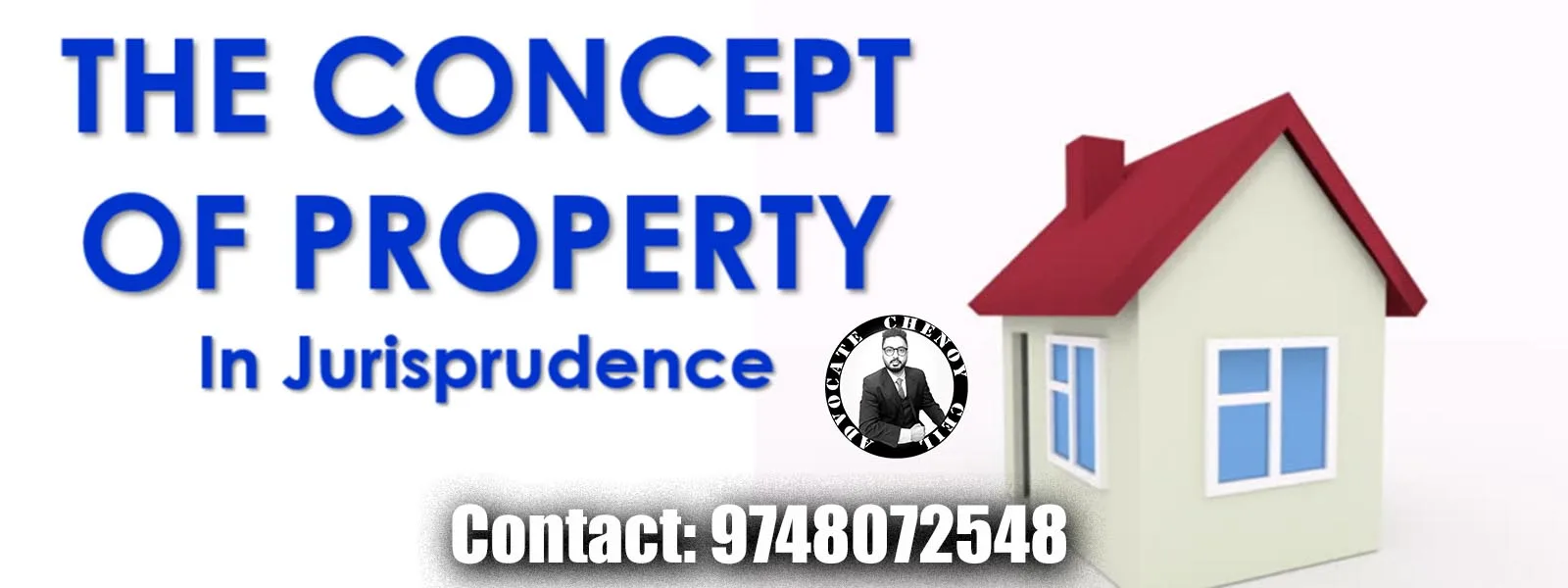The concept of property has varied implications for different people but its importance is well accepted by all.
Meaning and Concept of Property:
The term “property” has different meanings that is the word property is used in numerous senses in general. Anything available in the surroundings may be categorised as property. Every object which has some value for human beings which may be tangible or intangible is termed as property. The indispensable characteristic of property is the value attached to it. In general, we understand property as land, buildings, shares and so on. In a legal sense, it is the right to enjoy and dispose of certain things in an absolute manner as one thinks it fit.
The Supreme Court of India in the case of R.C. Cooper vs. Union of India AIR 1970 SC 564, interpreted the concept of Property in the legal regime. The court in this case observed that the word property includes both corporeal (Land, furniture and so on) and incorporeal things (Copyrights and Patents) but the recent trend of the Apex Court has changed. Now, the court has begun viewing property under Article 21 of the Constitution of India as liberties exist even concerning the property owned and processed.
Concept of Property of Different Kinds:
- Corporeal and Incorporeal Property -These are the two categories of properties that exist.
- Corporeal Property – Corporeal Property has a tangible existence and it is related to material things such as land, houses, ornaments and so on.
- Incorporeal Property – Incorporeal Property is neither visible nor it is tangible. Examples of incorporeal property are Copyright, Right to easement and so on.
- Movable and Immovable Property – All the corporeal property is either movable or immovable.
- Section 3 of the General Clauses Act, 1897 and Section 2 (6) of the Indian Registration Act, 1908 define the term immovable property. Immovable property includes land, houses, things attached and embedded in the land and so on.
- Movable property means the property which can be moved from one place to another. The movable property includes any corporal property which does not include immovable property.
- Public Property and Private Property –In simple terms, public property is the property which is owned by the public as such in a governmental capacity. It is owned, controlled or maintained by the government but used for the benefit of the public. Private Property is the property which is owned by a particular individual or by some other person. For example – A residential house owned by an individual is his private property.
- Real and Personal Property –Real Property means the rights over the land which is recognised by law and Personal Property means all other proprietary rights whether they are right in rem or right in personam.
- Right in re aliena and Right in re propria – Right in re aliena is sometimes referred to as encumbrances. These are the rights of a specific user and these prevent the owner from exercising some definite right in reference to his property Right in re propria are the immaterial forms of property. These are a product of human skill and labour.
Modes of Acquisition of Property:
- Possession – It is the objective realization of ownership. If a person has lived over a land or any property for many years as per the laws of the country, then he or she has possession of the property but he or she has to prove the same and if the property belongs to none then he or she can claim the same if they are enjoying the property over many years according to the laws of the country.
- Prescription –According to Salmond, “Prescription may be defined as the effect of lapse of time creating and destroying rights; it is the operation of time as a versatile effect.”Property can be acquired by prescription also.
- Agreement – A property is also acquired by agreeing with two or more persons. Different terms and conditions are included in the agreement by the parties who agree in respect of the property to acquire it.
- Inheritance – This is another way of acquiring property. Property is acquired by inheritance that is to say if the father dies then his property is enjoyed by his legal heirs.
Implications of the Concept of Property
The implications of the concept of property can have far-reaching consequences for home buyers as well as for those who are inheriting properties. There are different modes of acquisition of properties and with it comes different legal complications. Hence, it is recommended to consult an expert property lawyer for all your property-related needs.
